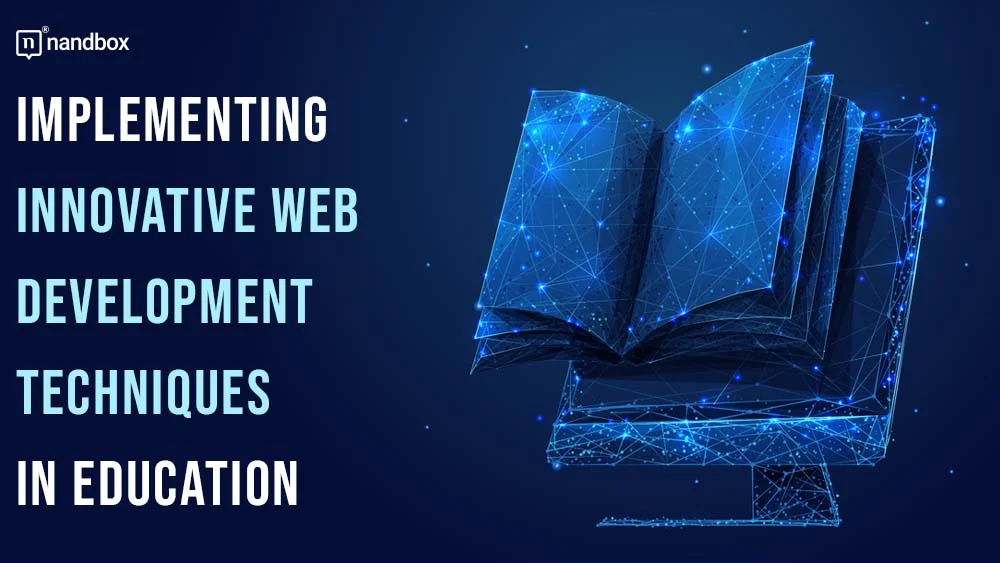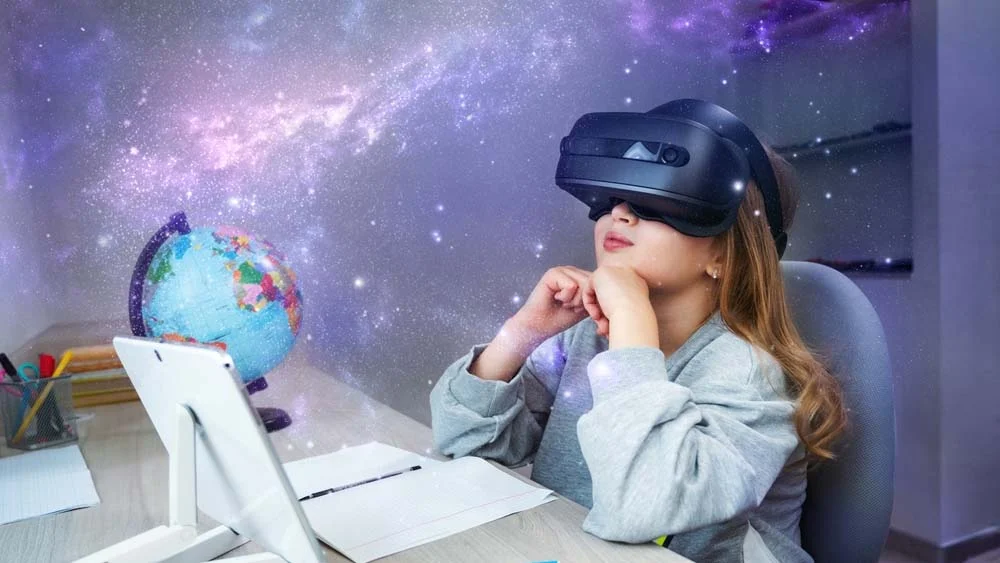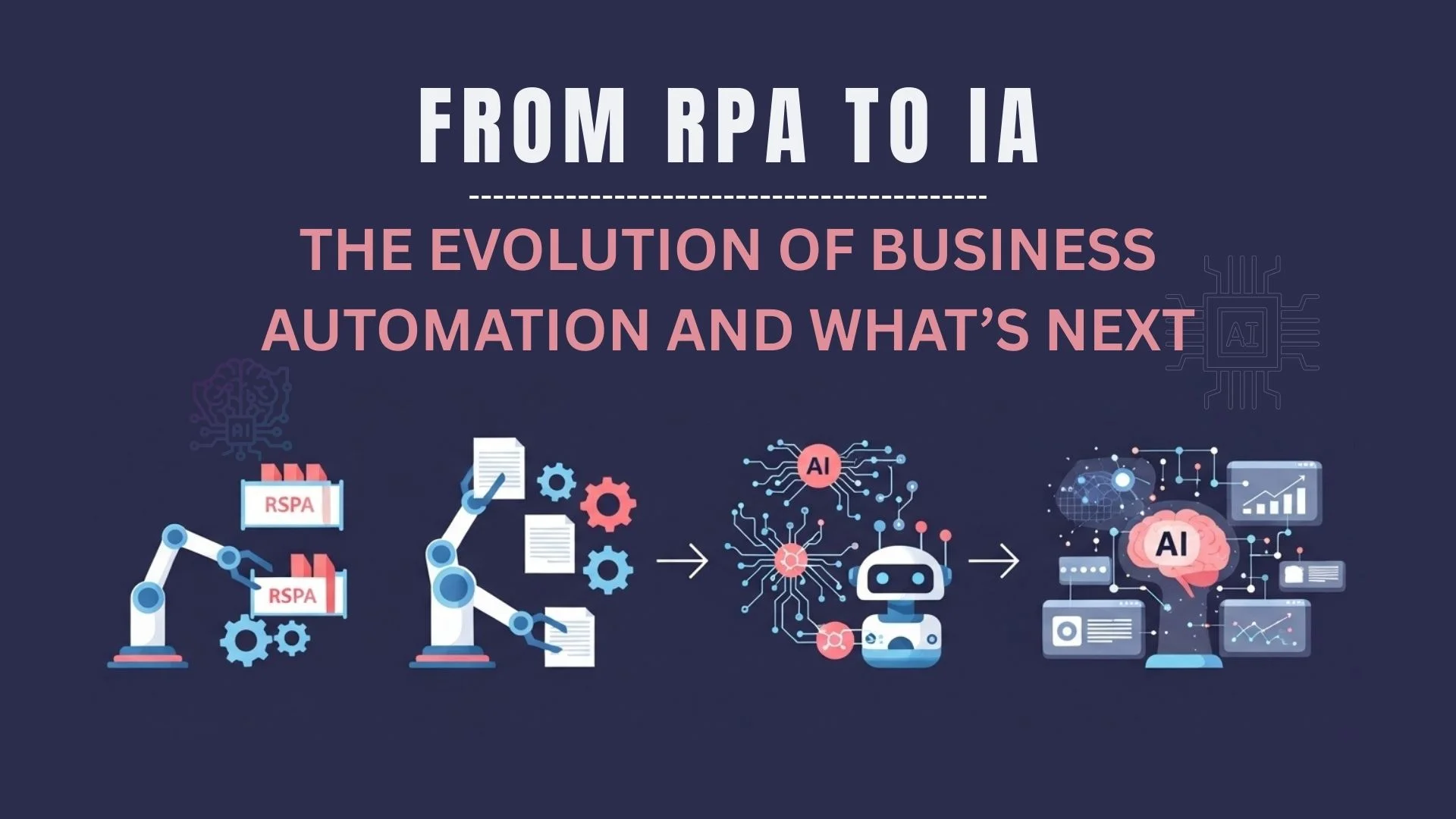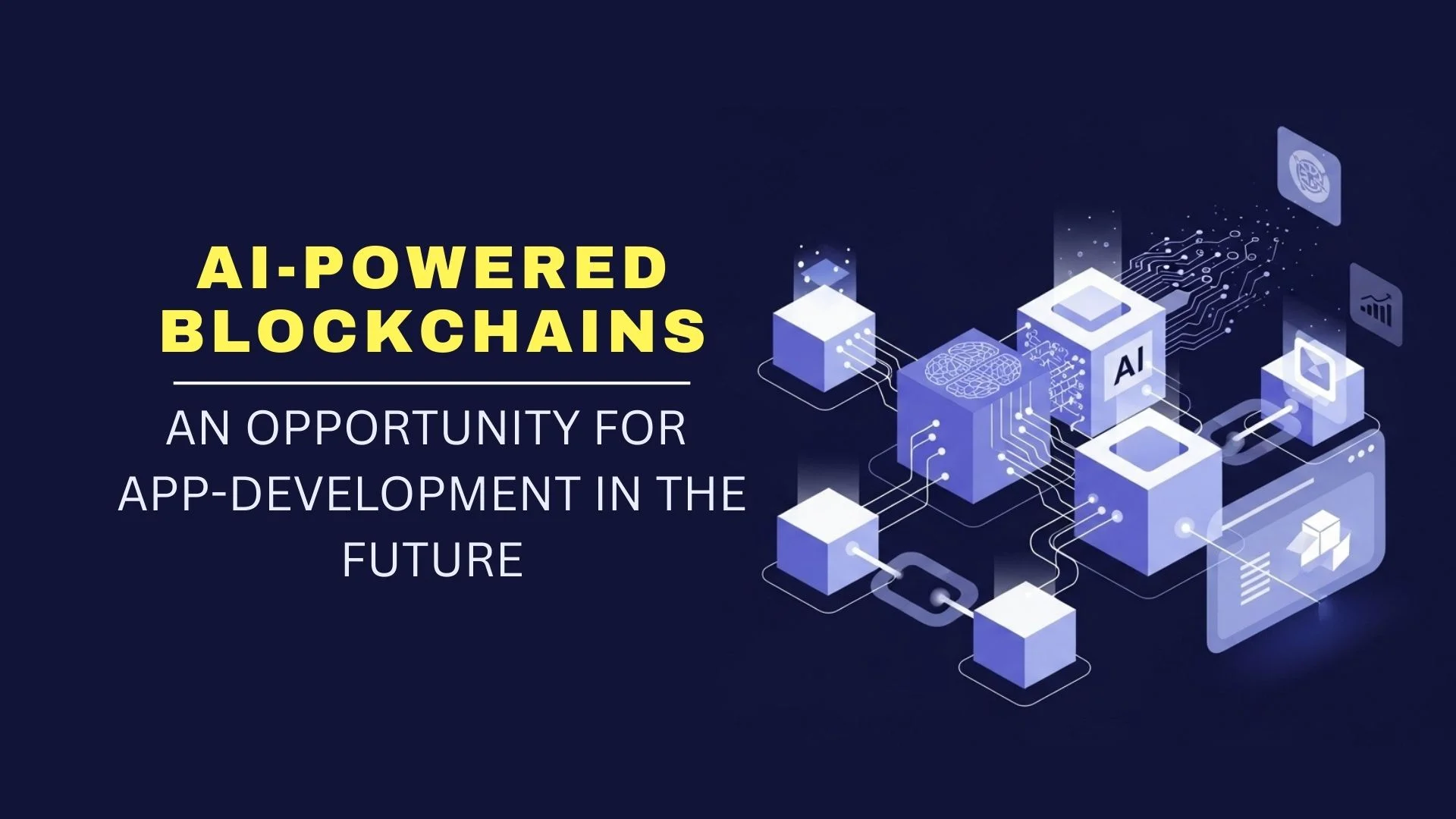Innovation in Web Development and Their Application in Education
Web development is constantly changing, with new technologies and innovation in web development constantly emerging to change how we interact with the internet and open up opportunities to enhance education. In this article, we will look at some of these recent advancements in web development as well as their possible applications within educational environments.
Customized Learning and Adaptive Education
Personalized learning has emerged as a central focus in education, tailoring learning experiences to the unique needs and preferences of each student. Web development innovations like artificial intelligence (AI) and machine learning (ML) play a vital role in making personalized learning possible. AI-powered systems can analyze student data to recognize patterns that enable personalized content delivery methods tailored specifically to each student’s strengths, weaknesses, and learning style for optimal student engagement, motivation, and academic results.
Experience immersive learning environments through virtual and augmented reality technologies
Virtual and augmented reality (VR/AR) technologies are revolutionizing how we experience our world, offering enormous potential for education. VR technology transports students to virtual environments, allowing them to explore historical sites, conduct virtual experiments, or engage in interactive simulations; AR overlays digital information onto physical surroundings, creating immersive learning experiences that enhance understanding and retention. These immersive technologies make learning engaging, stimulating, and memorable for students of all ages.
For students looking for expert assistance with essay writing or academic papers, services like unemployedprofessors offer professional writing and editing services. Additionally, you might be wondering, “is unemployedprofessors reliable?”
Gamification and Interactive Learning Environments
Gamification, or the incorporation of game-like elements into non-gaming contexts, is revolutionizing education by making learning more engaging and enjoyable. Web development tools and platforms empower educators to design interactive games, simulations, and challenges that motivate students and foster active learning experiences that engage and excite learners. These gamified experiences make learning more enjoyable, increase participation rates and empower learners to take ownership over their learning processes.
Inclusive Education with Accessibility and Universal Design
Web development innovations are playing an increasingly essential role in making education accessible and inclusive for all learners. Universal design principles and assistive technologies are being integrated into web-based learning platforms and educational resources to ensure all students can participate fully in the learning process. For instance, text-to-speech tools can support those with visual or auditory impairments, while alternative input methods cater to motor impairments. These advancements ensure equitable inclusion within education, ensuring every learner has an equal opportunity for success.
Of course, there are circumstances when students can’t manage the assignment themselves and need extra assistance. Going to the paperhelp review by LinkedIn may help in this case. However, if you have enough time, you can think of other practical methods to handle the task independently without involving a second party in your examination process. For instance, verifying, “is paperhelp scam?” can prevent potential issues with academic integrity. Apply the knowledge you gained during your exam preparation using the records and notes you made during your group sessions or brainstorming activities.
Collaborative Learning and Online Communities
Web development technologies are creating vibrant online communities to foster collaborative learning and enable students and educators to connect, exchange ideas, and collaborate. Through discussion forums, collaborative workspaces, virtual classrooms, and more, these online spaces enable students to collaborate on projects while receiving peer feedback, helping each learn from one another as a result. These online communities foster belonging, foster social interactions, and prepare students for the collaborative nature of work in 21st-century workplaces.
In Conclusion
Conclusion: Advancements in web development are revolutionizing education, offering unprecedented opportunities to customize learning, create immersive experiences, gamify education, promote accessibility and foster collaborative learning. With ongoing advancements of these technologies in education, their impact will only increase further, shaping the future of teaching and learning while helping students realize their full potential.




